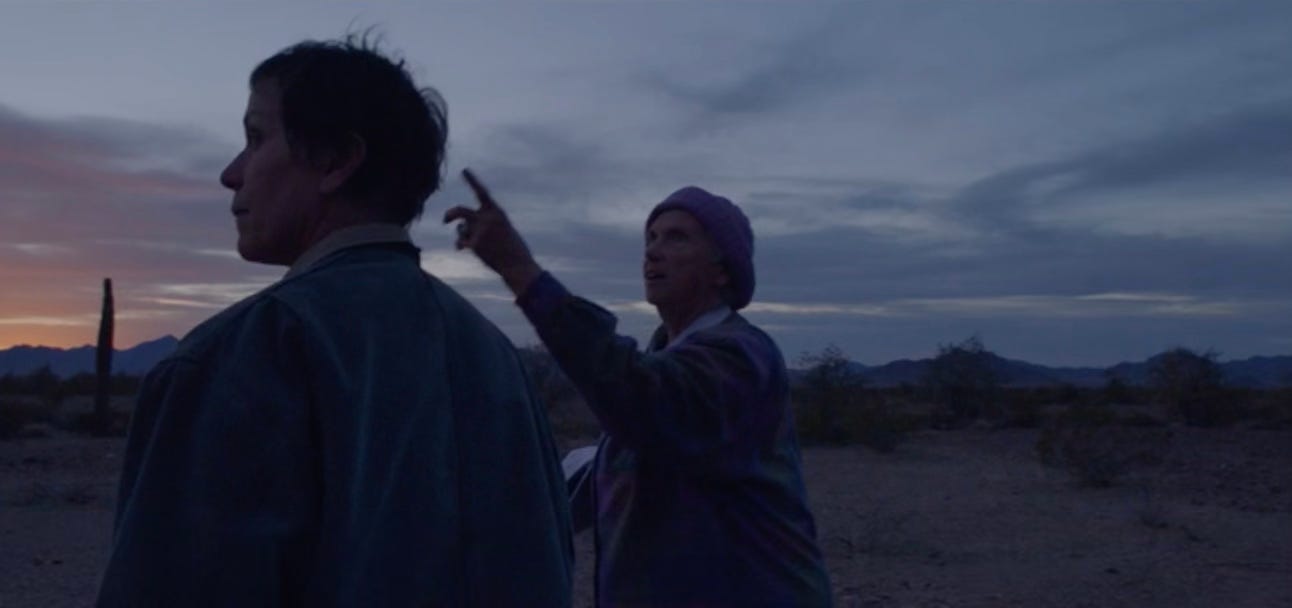"We are such stuff as dreams are made on"
Clouds drift endlessly across the sky, bound not by will but by the breath of the earth. They are nature’s wanderers, moving wherever the currents carry them. Humans, though, are more than clouds. We walk with purpose—or so we like to believe. But how often do we find ourselves adrift in a world filled with upheaval, cruelty, and the randomness of fate?



